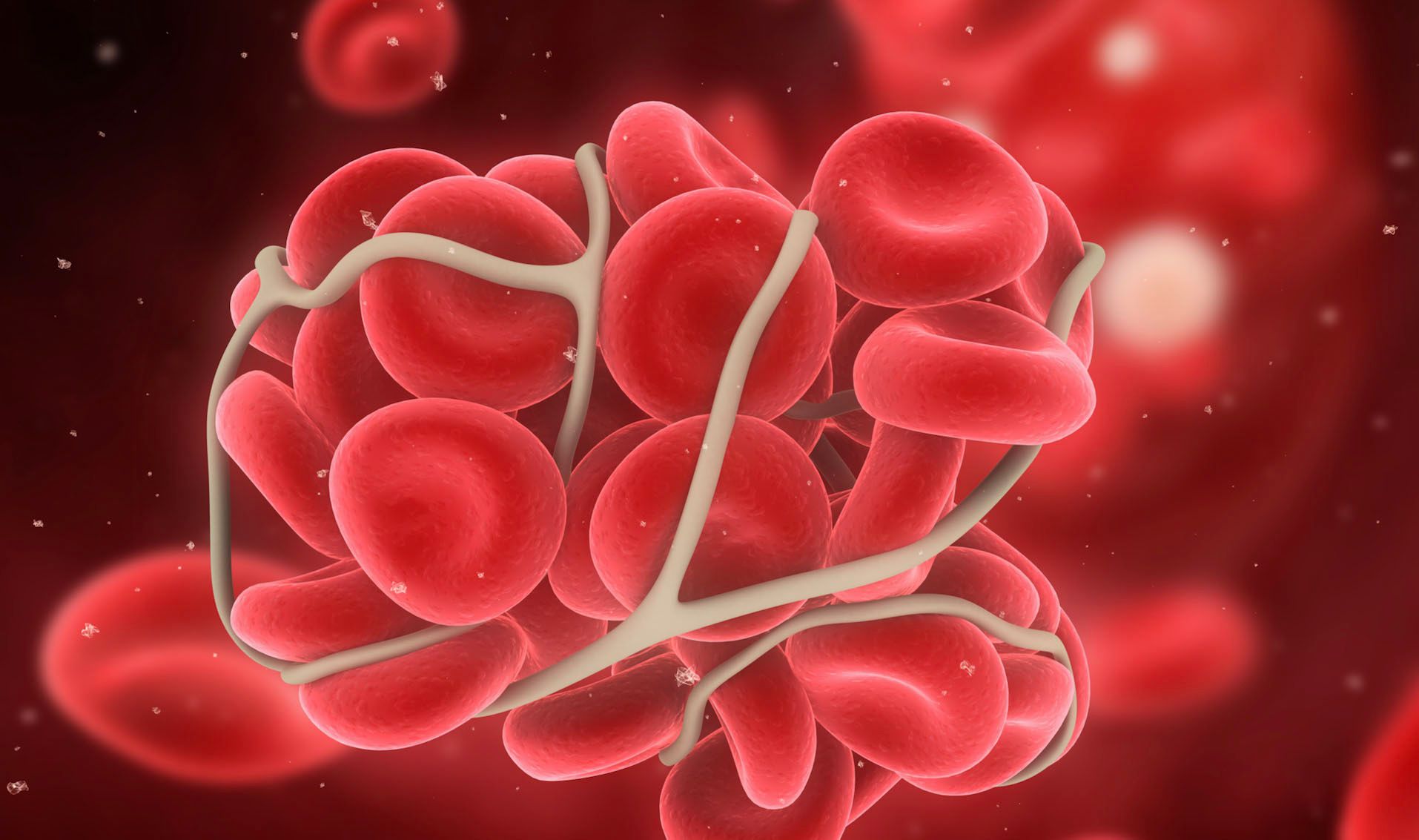FDA Grants Orphan Drug Designation to Novel BCMA-Targeted Agent in Multiple Myeloma
The FDA has granted an Orphan Drug Designation to the B-cell maturation antigen BCMA-targeting tri-specific T cell activating recombinant protein construct, HPN217 for the treatment of patients with multiple myeloma.

The FDA has granted an Orphan Drug Designation (ODD) to the B-cell maturation antigen (BCMA)-targeting tri-specific T cell activating recombinant protein construct, HPN217 for the treatment of patients with multiple myeloma, announced Harpoon Therapeutics, Inc., in a press release.
With an ODD, research around HPN217 can determine whether it is a safe and effective treatment option for patients with multiple myeloma.
“Orphan Drug Designation for multiple myeloma represents a significant milestone in the development of HPN217 and recognizes its potential to address a significant unmet medical need for the patients suffering from this condition,” said Jerry McMahon, PhD, president and chief executive officer of Harpoon Therapeutics, in a statement. “I am pleased with the clinical progress we are making with this program and we are planning to present interim data from the ongoing Phase 1/2 dose-escalation trial later this year.”
In the ongoing open-label, multicenter, dose-escalation, and dose-expansion study (NCT04184050), intravenous HPN217 is administered once per week to patients with relapsed or refractory multiple myeloma. The study is evaluating the occurrence of adverse events (AEs) according to the Common Terminology Criteria for AEs as key primary end point along with the co primary end point of determination of the maximum tolerated dose of HPN217, and the pharmacokinetics of the agent. The secondary end points of the study are efficacy and immunogenicity.
Some data from the trial have been analyzed and thus far, the agent is well-tolerated in patients with relapsed/refractory multiple myeloma with no dose-limiting toxicities observed. Full interim analysis results will be announced this year and assessment of a dose-expansion cohort will be initiated in the second half of 2021.
Patients with relapsed/refractory multiple myeloma are eligible to enroll in the phase 1/2 study if they have received at least 3 prior therapies, have measurable disease, an ECOG performance status of 2 or lower, as well as adequate hematologic status, renal function, and hepatic function. The study excludes patients who have prior exposure to a BCMA-targeting agent, and those receiving concurrent treatment with anti-tumor necrosis factor alpha therapies, systemic corticosteroids, or other immune-suppressive drugs within the 2 weeks prior to screening in the study.
The study continues to recruit patients in the United States at 4 sites, including Banner MD Anderson Cancer Center in Gilbert, AZ; Colorado Blood Cancer Institute in Denver, CO; Oregon Health & Science University in Portland, OR; and Swedish Medical Center in Seattle, WA.
References:
Harpoon Therapeutics granted orphan drug designation from FDA for HPN217 for treatment of multiple myeloma. News release. Harpoon Therapeutics, Inc.January 13, 2021. Accessed January 13, 2021. https://bit.ly/2LtkKlA
Supportive Care Helps Manage AEs With Teclistamab in R/R Multiple Myeloma
December 13th 2024During a Case-Based Roundtable® event, Hana Safah, MD, discussed updated data and adverse event management related to teclistamab in patients with multiple myeloma in the second article of a 2-part series.
Read More